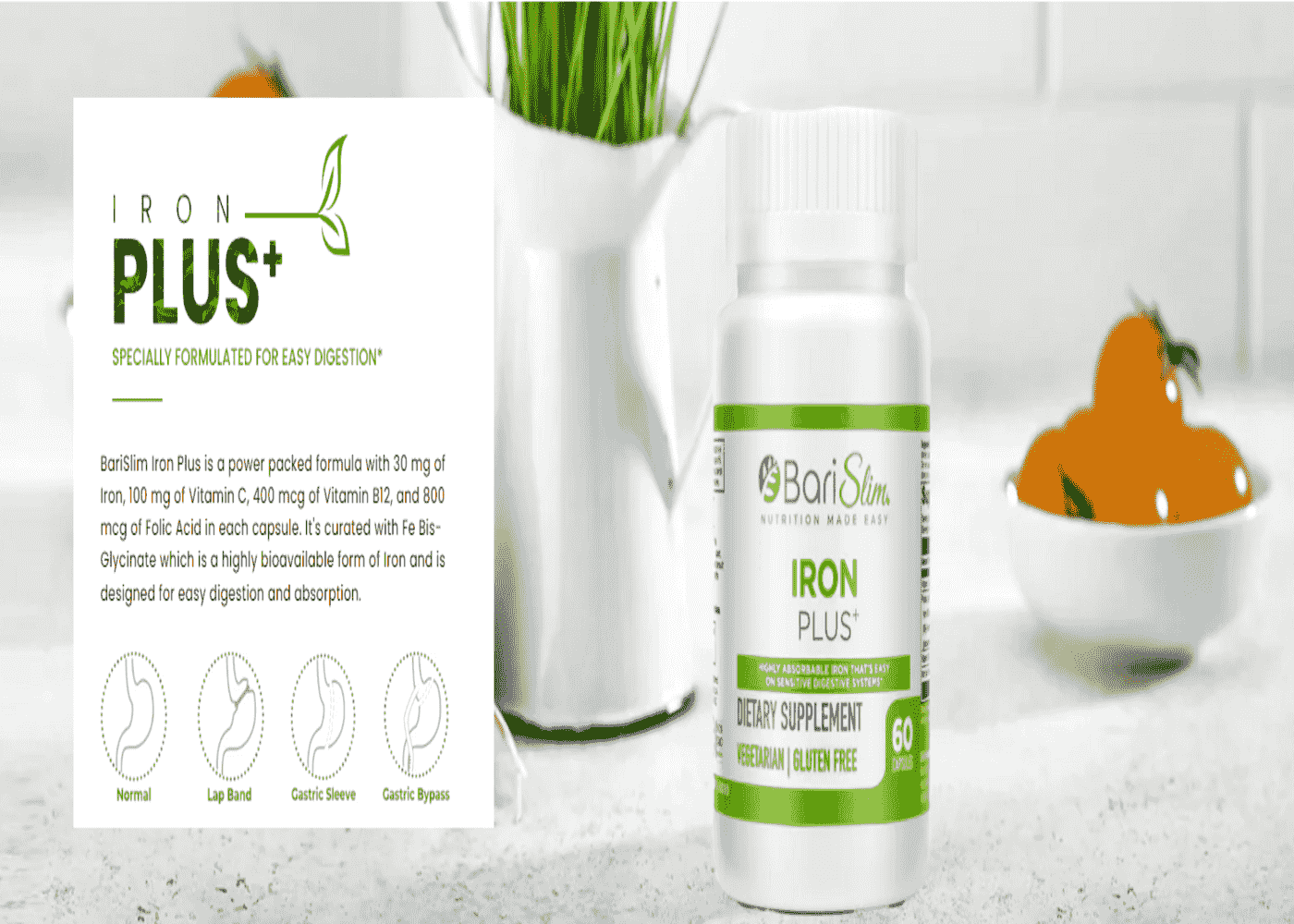
Probiotics are beneficial bacteria that can improve your
overall health in a variety of ways. They improve your digestive health,
stabilize your nervous system, and boost your immunity to certain diseases by
balancing your gut and fighting bad bacteria. Learn more about the health
benefits of probiotic bacteria.
What Are Probiotics?
Probiotics are beneficial bacteria that help to regulate and
modulate the digestive system. They multiply by trillions inside your body to
help regulate your holistic and integrative health. Eat fermented foods, drink
kefir or kombucha, or take a dietary supplement to get more into your system.
How Do Probiotics Work?
A systematic review of data suggests that probiotics help
regulate and balance the levels of good and bad bacteria in your digestive
system, but the exact mechanism by which this occurs is unknown.
Nonetheless, many health-care providers and gastroenterology
professionals believe that further research into these gut microbiota can lead
to health improvements on a variety of levels. Seek medical advice from a
reputable physician on how to incorporate a probiotic supplement into your
diet.
The Impact of Probiotics
Probiotics appear to help with everything from bloating to
urinary tract infections and ulcerative colitis. While more randomized
controlled trials are needed to determine why they have this impact, it appears
clear that these healthy bacteria can improve people's health in a variety of
ways.
Probiotics appear to help boost the immune system, calm skin
conditions like eczema, and improve mental health, in addition to their
positive impact on gut health, due to their positive impact on the gut-brain
connection.
4 Types of Probiotics
Different probiotic strains have different effects on the
digestive system. These are just a few examples of bacteria to be aware of:
1. Bifidobacterium lactis: This probiotic strain may be
especially beneficial to those who are lactose intolerant. This bacteria's
compounds soothe the stomachs of people who have difficulty digesting dairy.
2. Lactobacillus acidophilus: This bacterial subgroup of the
Lactobacillus order can aid in the fight against yeast infections and other gut
issues. They counteract the effects of bad bacteria while also addressing other
health concerns.
3. Lactobacillus rhamnosus: According to one study,
this probiotic supplement appeared to improve people's ability to lose weight.
At the same time they lost weight, the gut bacteria in their digestive tract
became more balanced.
4. Saccharomyces boulardii: This strain of probiotics is
used to treat traveler's diarrhea and constipation. These microbes restore the
gut microbiome's stability by fighting harmful bacteria in the intestines.
The Health Benefits of Probiotics
While there is still much to learn about probiotics, there
is plenty of evidence to suggest they benefit people's health. Learn more about
the health effects and potential benefits of consuming these gut microbiota:
Improved gut health: When it comes to probiotics, perhaps
the most important selling point is improved gastrointestinal health. Because
of the close relationship between the gut and the brain, using probiotics to
stabilize your stomach and intestines can also improve your mental health.
Immune system support: A healthy gut microbiome is
associated with a more powerful immune system. For example, taking probiotics
on a regular basis will help you fight off a respiratory infection.
Furthermore, you will be less likely to develop chronic diseases such as IBS
(irritable bowel syndrome) or IBD (inflammatory bowel disease).
Increased heart health: According to some studies,
incorporating these live microorganisms into your diet can improve your heart
health. They are associated with better blood pressure control and lower levels
of bad cholesterol.
Potential disease prevention: Taking probiotic supplements
or eating probiotic-rich foods can help prevent the development of health
problems, especially digestive problems. These bacteria appear to be capable of
combating conditions ranging from constipation to Crohn's disease.
How to Use Probiotics
There are numerous different probiotic sources available to
you. Here are a few examples of how you can put these microbes to use:
Consider using probiotics in conjunction with prebiotics.
Prebiotics are supplements that help your body lay the groundwork for producing
its own probiotics, whereas probiotics are live bacteria. Some businesses sell
synbiotics, which are probiotic and prebiotic supplements.
Consume probiotic-rich foods. Fermented foods are excellent
sources of probiotics. To get more probiotics into your system, try eating
sauerkraut, kimchi, miso, tempeh, or dairy products like yogurt. Probiotics can
also be found in beverages such as kefir.
Take probiotic supplements. Probiotic supplements are
available in most health food stores. Keep in mind that the Food and Drug
Administration (FDA) does not conduct clinical trials or verify the efficacy
and safety of these products. Consult a medical professional to determine
whether you should try any particular store-bought nutritional supplement.




















